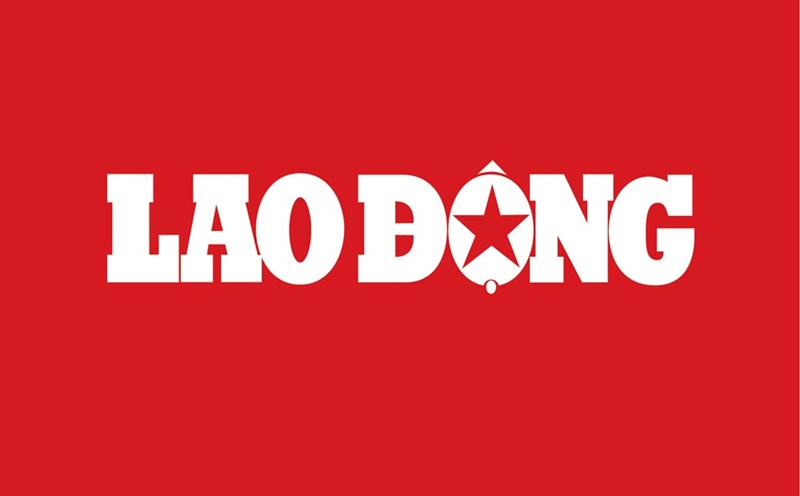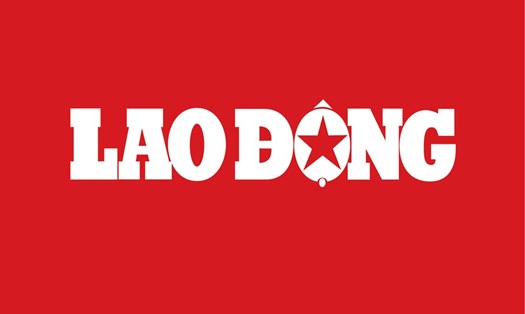RT reported that on January 1, Russian President Vladimir Putin directed the government and Sberbank to cooperate with China to promote the development of artificial intelligence (AI).
Following an AI-themed conference in December 2024, President Vladimir Putin directed Prime Minister Mikhail Mishustin and Sberbank CEO Herman Gref to take up the task. Putin also ordered a progress report, which is expected to be completed by April 2025.
Sberbank is Russia’s largest bank and a leader in technology and AI development. Sberbank Vice President Alexander Vedyakhin said that China’s breakthroughs in AI technology have helped shape the company’s ambitions.
Speaking at the conference, Mr. Putin stressed the need to step up efforts to develop AI domestically. The leader also called for expanding the application of AI in schools to improve student counseling and learning, and supporting local governments to integrate AI into public administration.
The Russian president said that AI has helped reduce robberies by 10.5 times and home invasions by 34.5 times. In December 2024, Russia introduced its first textbooks on AI for students in grades 5-9.
These books provide a basic understanding of AI, explaining how it works, how professionals interact with AI, and how AI is applied in various industries.
Mr. Putin affirmed: “Russia must become the world leader not only in creating but also in applying and integrating artificial intelligence into all areas of life without exception.”
China is recognized as one of the countries with the most advanced AI platforms in the world, and promoting this partnership promises to help Moscow and Sberbank take advantage of Shanghai's expertise in this technology.
Since 2017, China has launched the New Generation AI Development Plan with the goal of becoming a leading country by 2030. Shanghai is rapidly applying AI to many fields, including manufacturing, healthcare, and transportation.
From 2013 to 2023, Chinese entities filed more than 38,000 patents related to generative AI technology, accounting for 70% of the global patent volume on generative AI.
Chinese researchers have also contributed greatly to the growing body of literature on AI, helping the country surpass the US in the number of self-produced papers cited in scientific and technological journals.










